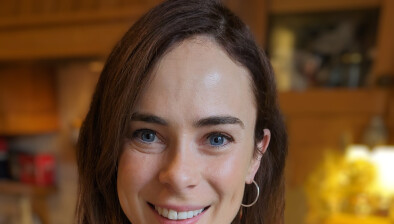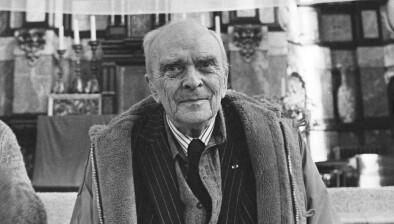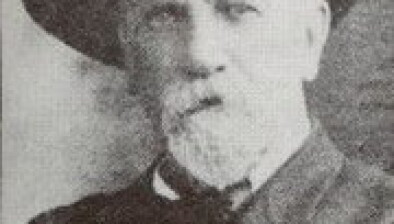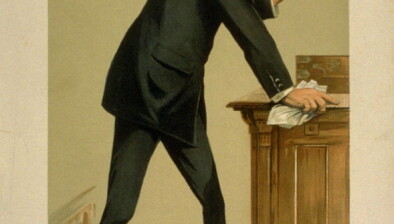Irish Legal Heritage: The first Irish witch and her maid who became a martyr

Dame Alice Kyteler was the first woman to be condemned for witchcraft in Ireland, having been tried for seven charges by the Bishop of Ossory, Richard de Ledrede in 1324.
Alice Kyteler had been married and widowed four times, and was said to have accumulated a massive wealth which allegedly angered her stepchildren. Her stepchildren accused her of sorcery and demonism, and brought their claims to the Bishop of Ossory. Alice and some of her accomplices were tried and convicted of heresy and witchcraft after a sensational trial which highlighted the conflict between church law and secular law.
A wealthy woman, Alice was able to flee the country before she could be sentenced. Her maid, Petronilla di Midia (de Meath), was not so fortunate and confessed to crimes of heresy after being tortured under church law. Petronilla was found guilty of heresy and on 3rd November 1324, she became the first “heretical sorceress” to be burned at the stake in Ireland.
WB Yeats refers to Alice Kyteler in the final verse of his poem ‘Nineteen Hundred and Nineteen’. Of Alice and her alleged demon lover Robert Artisson, he writes:
“Under the shadow of stupid straw-pale locks,
That insolent fiend Robert Artisson
To whom the love-lorn Lady Kyteler brought
Bronzed peacock feathers, red combs of her cocks.”
It was not until 1542 that Parliament would pass its first Witchcraft Act, and we will be exploring the stories of later witch trials held in Cork, Islandmagee, and Carrickfergus in our new weekly series on Irish Legal Heritage.
Seosamh Gráinséir










